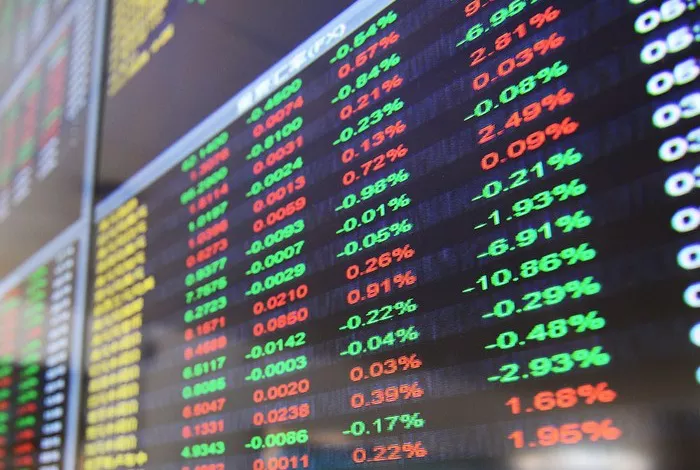Introduction:
Investing in corn futures can provide an avenue for individuals and institutions to participate in the agricultural commodities market and potentially benefit from price movements in the corn industry. Corn futures contracts allow investors to speculate on the future price of corn without the need to physically possess the commodity. In this article, we will outline the steps involved in investing in corn futures and highlight key considerations for potential investors.
Step 1: Educate Yourself:
Before delving into investing in corn futures, it is crucial to familiarize yourself with the basics of futures trading, including contract specifications, trading mechanics, and factors influencing corn prices. Understanding the terminology and concepts related to corn futures will enable you to make informed investment decisions.
Step 2: Find a Reputable Brokerage:
To invest in corn futures, you will need to open a futures trading account with a reputable brokerage firm that offers access to commodity futures markets. Look for a brokerage that provides competitive fees, robust trading platforms, and access to the relevant futures exchanges, such as the Chicago Board of Trade (CBOT) or electronic platforms that offer corn futures contracts.
Step 3: Complete the Account Opening Process:
Follow the account opening process outlined by your chosen brokerage. This typically involves providing personal identification information, financial details, and signing necessary agreements. Ensure you comply with any regulatory requirements and understand the risks associated with futures trading.
Step 4: Fund Your Trading Account:
Once your account is open and approved, you will need to deposit funds to meet the margin requirements set by the brokerage. Margin requirements represent the initial amount you must have in your account to initiate a futures trade. The specific margin requirements for corn futures may vary, so consult your brokerage for details.
Step 5: Conduct Research and Analysis:
Before entering into any investment, it is essential to conduct thorough research and analysis. Stay updated on market news, agricultural reports, weather patterns, and other factors that can impact corn prices. Utilize technical analysis tools, fundamental analysis, and market research to develop a trading strategy.
Step 6: Place Your Trade:
With a funded account and a trading strategy in place, you can place an order to invest in corn futures. Specify the desired contract, quantity, expiration month, and any other relevant parameters. Utilize your brokerage’s trading platform to place the trade, either online or through their trading desk.
Step 7: Monitor Your Investment:
After initiating your corn futures investment, it is crucial to monitor your position regularly. Stay informed about market developments, crop reports, and any factors that may impact corn prices. Consider setting up alerts or using technical indicators to track price movements and adjust your investment strategy accordingly.
Important Considerations:
1. Risk Management:
Investing in corn futures carries inherent risks due to the volatility of agricultural commodities. Price fluctuations can be influenced by factors such as weather conditions, global supply and demand, and geopolitical events. Implement risk management techniques, such as setting stop-loss orders or employing hedging strategies, to protect your investment capital.
2. Diversification:
Diversify your investment portfolio to spread risk and avoid overexposure to a single commodity. Consider investing in a variety of asset classes and markets to mitigate potential losses.
3. Market Knowledge and Analysis:
Successful corn futures investing requires a deep understanding of the corn market, including supply and demand dynamics, planting and harvesting seasons, and global factors impacting corn prices. Continuously educate yourself, stay informed, and refine your investment strategies.
4. Regulatory Compliance and Tax Implications:
Be aware of the regulatory requirements and tax obligations associated with investing in corn futures in your jurisdiction. Familiarize yourself with reporting requirements and consult with a tax professional to understand the potential tax implications.
Conclusion:
Investing in corn futures provides an opportunity to participate in the agricultural commodities market and potentially benefit from price movements in the corn industry. However, it is important to approach futures trading with caution, conducting thorough research, employing risk management techniques, and continually updating your market knowledge. By following these steps and considering the important considerations outlined in this guide, you can embark on your journey of investing in corn futures with a better understanding of the process and the risks involved.


